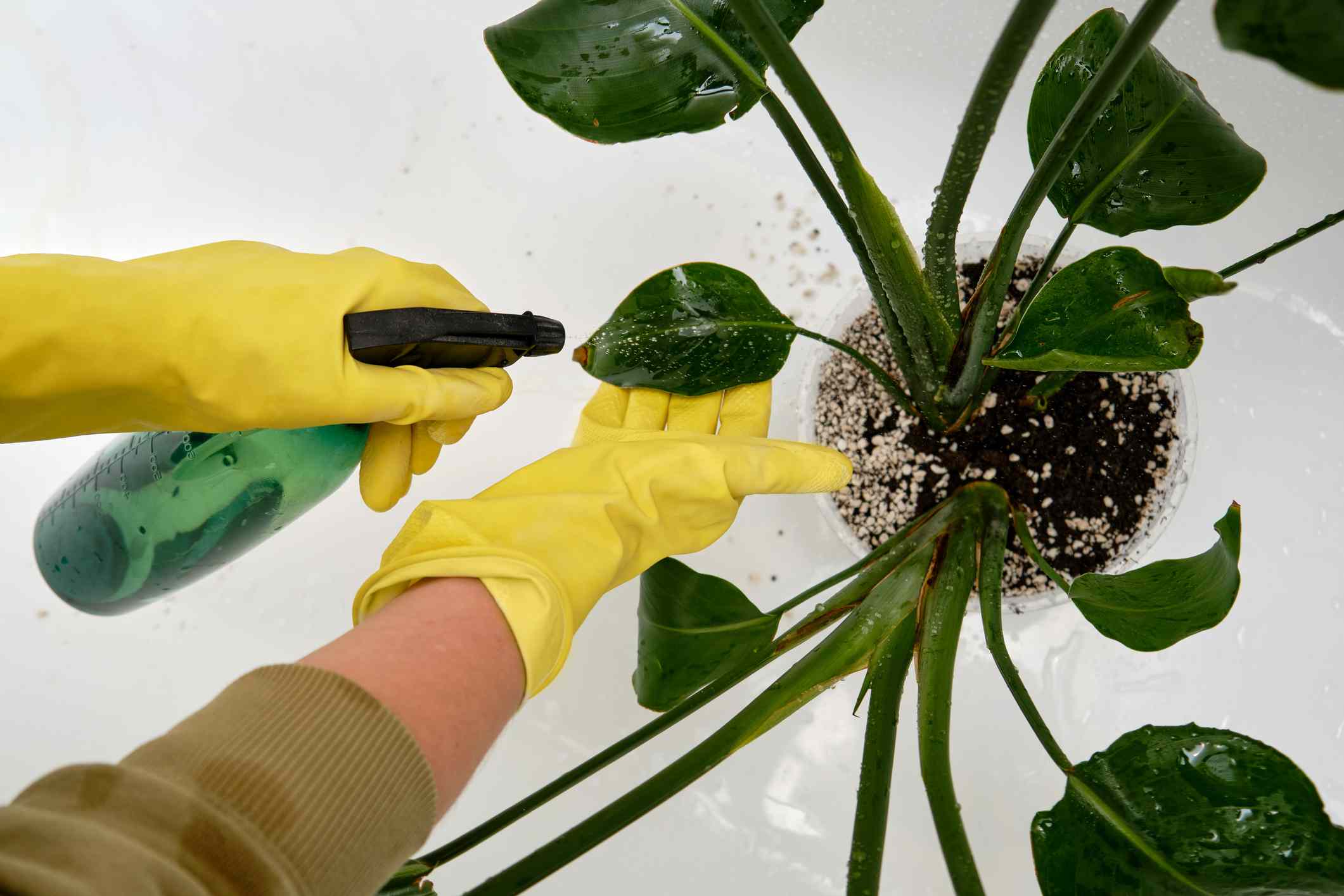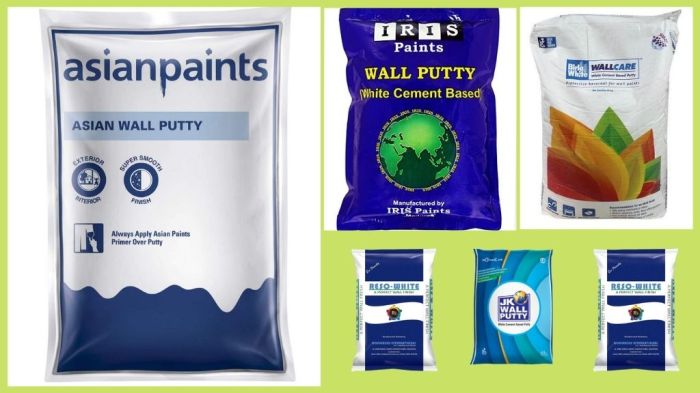

One of the most commonly shared suggestions for getting rid of plant pests is to use soapy water. But is this high-profile hack effective, or will a little soap harm your plants?
We asked the experts what the risks are with using soapy water as a homemade pesticide, and if you’re going to try it, how to minimize the chance of damaging your plants.
Meet the Expert
- Mary Jane Duford is a certified master gardener, founder of the gardening website Home for the Harvest, and permaculture garden designer with over a decade of hands-on experience.
- N. Jordan Franklin is the consumer horticulture extension agent with the Clemson Home and Garden Information Center (HGIC). He has a B.S. in horticulture and possesses nearly 20 years of experience in ornamental horticulture.
Is It Safe to Use Dish Soap on Plants?
It is safe to use dish soap on plants as long as you are using them sparingly and carefully, says master gardener Mary Jane Duford. However, she cautions that it’s not always the safest choice. Duford explains that dish soap works by breaking down the outer membranes of soft-bodied insects, but the synthetic chemicals they contain can be harsh on plant surfaces.
Some risks of using dish soap as an insecticide include:
- Leaf burn: “Dish soap often contains synthetic surfactants and solvents that strip oil,” Duford says. “This is great when washing dishes, but it also strips the natural oils from plant leaves, leading to leaf burn, drying and other damage.”
- Clog the plant surface: Soaps with thick oils can interfere with the way plants filter the air, Duford says. The thick oily layer can also potentially stifle photosynthesis, and if dirt sticks to the oil it can further reduce the plant’s ability to absorb sunlight.
- Damaging properties: Some dish soaps contain fragrances, preservatives, and additives which, if built up in the soil or on the plant’s surface, can harm the environment or other beneficial insects.
- Issues with solution strength: Homemade dish soap solutions don’t come with guidance on concentration levels, and every product will be different. “This increases the risk of using a solution that’s either too strong (harming plants) or too weak (ineffective against pests),” Duford says.
Want more gardening tips? Sign up for our free gardening newsletter for our best-growing tips, troubleshooting hacks, and more!
What to Consider When Using Dish Soap As a Plant Insecticide
If you’re giving dish soap a shot for controlling pests, consider the following to minimize the risk of plant damage.
- Test the solution: Applying soap to just a small area and waiting a day to assess damage will help protect your plants suggests urban horticulture extension agent N. Jordan Franklin.
- Apply sparingly: Duford says she uses a drop of dish soap in a large bowl of warm water to apply to houseplants (including the underside of the leaves).
- Apply carefully: Soap solutions work by killing pests on contact, but leaving them on the leaves too long increases the chance of damage, especially in hot, dry conditions. Best practice includes rinsing the plant with water, washing it with the soapy solution, and rinsing thoroughly again. Leaving it on for no more than a couple of hours helps the solution make contact with the pests while preventing overexposure to the detergent chemicals.
- Consider timing: Applying the solution in the morning or evening, as opposed to the hottest, sunniest part of the day, reduces the risk of overly rapid evaporation and leaf burn.
- Consider pest types: Soap solutions are most effective when used on small, soft-bodied insects. That means you can try using them to get rid of spider mites, aphids, whiteflies and mealybugs. They aren’t generally effective for large insects, although they might work on some such as boxelder bugs and Japanese beetles.
- Avoid food crops: If you’re treating a pest infestation on your tomato plants, it’s best to stick with EPA-approved insecticides labelled for use on edible crops.
What Are the Alternatives to Using Soap as an Insecticide?
Both Duford and Franklin recommend using insecticidal soaps specially formulated to control insects on plants over dish soap.
“Insecticidal soaps are safer and more effective than dish detergent,” Franklin says. “Follow the insecticidal soap label to determine how much to add to the water.”
EPA-approved insecticides are more dependable and regulated, whereas homemade remedies might cause unwanted outcomes like leaf burn.
By growing native plants that are suited to the local conditions and keeping them as healthy as possible with the right amount of water, nutrients, and light, you are less likely to experience pest infestations in the first place.
FAQ
-
Dawn dish soap and other commercial chemical dishwashing products could hurt plants and the environment more than some gentler, natural soaps. “Generally, these soaps are formulated to go through wastewater systems with treatment facilities. When introduced directly to soil, they can affect soil health, plants, and potentially nearby water sources,” explains Duford.
-
While some soaps are safer for the environment, there isn’t enough science to suggest which are safest for plants. Duford explains that natural products such as unscented, biodegradable soap or old-fashioned formulas like Castile soap don’t contain the same synthetic chemicals as mainstream commercial products but can still harm plants. Whatever soap product you use, apply a well-diluted solution sparingly and test it on a small area before applying it across the full plant.
-
Plants with a thick leaf coating, such as succulents and waxy tropicals (fig, hoya, and philodendron), may be more susceptible to damage from dish soap, like leaf burn. Portulaca, cherry, plum, Japanese maple, ferns, nasturtium and gardenia as more sensitive plants likely to be injured by dish soap, according to Franklin.
Get the best products from Amazon








